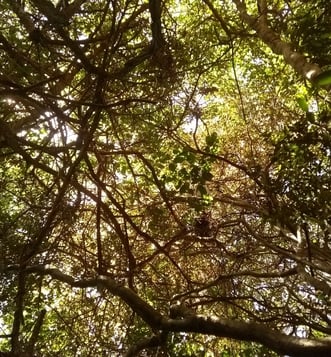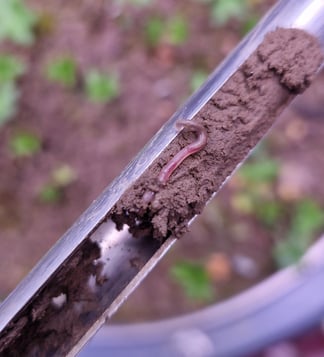Ana E. BONATO ASATO
Ecologist


Brazilian citizen; potiguar. My cultural formation and academic history have built in me a passion for diversity, in all senses, and a devotion to everything alive. Living in Europe heightened my perception of inequalities, within and between countries, leading me to Ecology with social justice, environmental justice, and Political Economy. And this is how I landed in the research I do now: somewhere in the intersection between Ecology and Economics. I'll tell you more about that in the next section.
"Ecology without class warfare is just gardening." - Chico Mendes
Research Pillars
BIODIVERSITY & ECOSYSTEM FUNCTIONING
economic inequality
If you want the long story short, you can go directly to my publications list, or to my projects and professional networks.
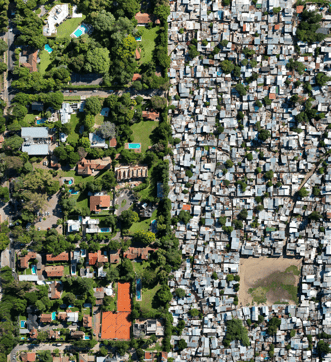

Buenos Aires. Picture by Johnny Miller
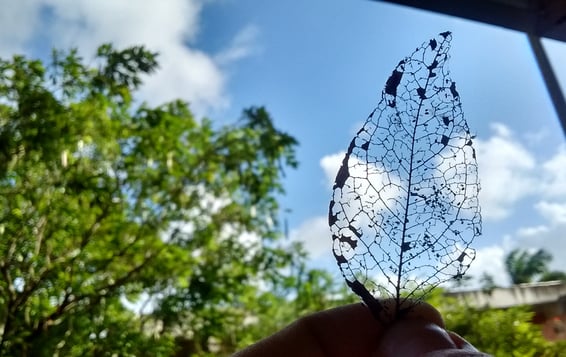

PHENOLOGY
During my bachelor's and master's, I conducted observational studies at the Barreira do Inferno Launch Center (CLBI) in Natal, Northeast Brazil. There, I tried to understand the effects of plant diversity on litterfall phenology. Litterfall phenology is an essential ecosystem function because it connects the aboveground and belowground sub-systems, allowing more complex processes such as nutrient cycling and mineralization.
For my PhD studies, I moved to Germany, where I live now. I conducted my research in the Jena Experiment, a long-term research unit investigating biodiversity and ecosystem functioning relationships in an experimental grassland.

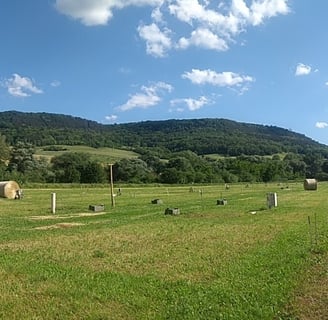
The Jena Experiment. Jun 21st, 2021.
Buenos Aires. Picture by Johnny Miller
There, some things changed. First, and most obviously, my focused ecosystem changed from a seasonally dry tropical forest to a grassland. Second, my research approach changed from observational to experimental. Finally, I included the soil organisms into the equation.
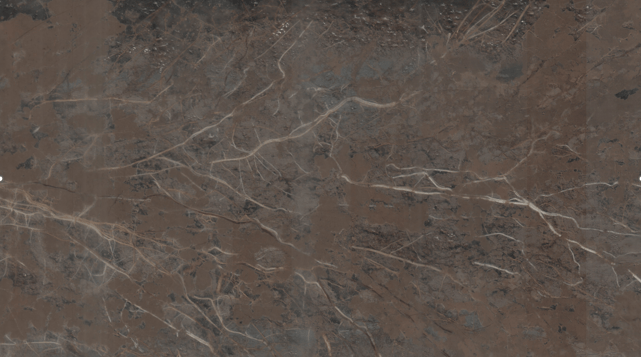

PLANT-SOIL INTERACTIONS
Moving to Germany for my PhD increased my skill set and my research expertise in several significant ways, which are now translated into paper publications and networking. However, it also highlighted missing aspects. The shift from my regional phenology - that one that communicates with my culture and the species I grew up with - in a non-managed forest, to another kind of ecosystem, excluded an important layer of significance in my research: a human one, with which I can connect personally with my study topic. That's why I have been applying the expertise I acquired so far to questions of our time. Examples of it are the investigation of the effects of biodiversity on buffering olive groves in southern Italy against the infection by the bacteria X. fastidiosa.
In 2025, I joined the ECO-N research training group, affiliated with the University of Leipzig. I aim to understand the relationships between economic inequality and the governance of natural commons.
Academic History


Technician in Environmental Control
Instituto Federal de Educacao, Ciencia e Tecnologia do Rio Grande do Norte


B.Sc. Biology
Universidade Federal do Rio Grande do Norte


Universidade Federal do Rio Grande do Norte
M.Sc. Ecology


Universität Leipzig & German Center for Integrative Biodiversity Research (iDiv) Halle-Jena-Leipzig
Ph.D. Ecology
supervised by Prof. Dr. Adriano Caliman
supervised by Prof. Dr. Adriano Caliman
supervised by Prof. Dr. Nico Eisenhauer
Inspirations
Many things have influenced me to take the ways I did, and to think the way I do - in life and in Science. Here are some documentaries, books, movies, notes, etc., that I recommend getting to know.
Get in touch
Address: Hainstr. 11, 04103, Leipzig - ECO-N research group
E-mail: asato@wifa.uni-leipzig.de | anabasato@gmail.com
Twitter: @asatoetal
Phone number: +49 341 9733172
